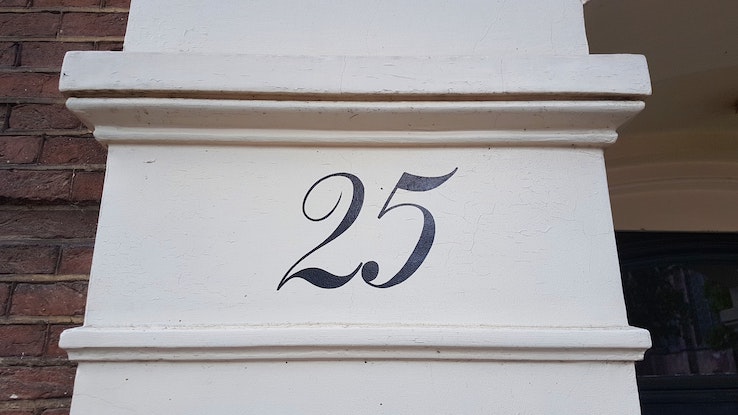What Is the Definition of a “non-Perfect Square”?
Follow Us:
Twitter

A non-perfect square is an integer whose square root is not a whole number. For example, 25 is a perfect square because its square root is 5, which is a whole number; however, 10 is a non-perfect square because its square root is a repeating decimal.
If any whole number such as 3, 7, or 13 is squared, the result is a perfect square despite the fact that these numbers themselves are non-perfect squares. If a number’s square root is an integer, or whole number, the original number is a perfect square; if a number’s square root is not an integer, the original number is a non-perfect square.





